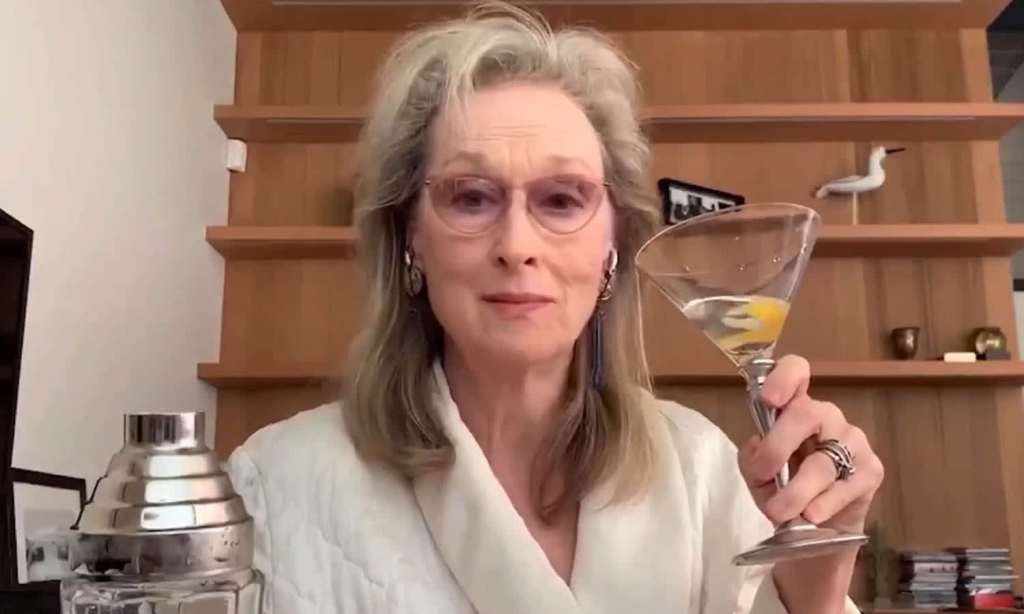In her new intergenerational column for The Latch, Crystal Andrews will explore the differences in thinking, behaviours and beliefs between Gen Z their Millennial ‘elders’. Crystal is the founder of news platform Zee Feed and author of How to Win Every Argument: A No-Filter Guide to Being Right About Everything.
With a new year on the horizon (can you believe it?) it’s time to look at what we’re keeping from 2020 and what we’re leaving behind. By completely disrupting work, COVID-19 has nudged us towards leaving one thing behind for good: The traditional definition of ‘success’.
For those of us who grew up being told hard work makes anything possible, the unflinching economic fallout from the coronavirus has dealt a cruel blow. In our achievement-based culture that intertwines who you ‘are’ with what you ‘do’, the success we were chasing feels less attainable than ever. Australia’s unemployment rate peaked at 7.5% in July. Bleak.
On the other hand, Gen Z is rejecting the traditional trappings of success in favour of a more ‘free’ lifestyle.
“The Millennial ‘ideal’ of success is already outdated,” writes an anonymous submission to Unpopular Opinions, the series I run on Zee Feed.
“They are the generation of side hustlers, of indulgent consumers, matched with a work ethic that celebrates long labour… They want to be a million types of successful at once, and that often translates to wealth.”
“Gen Z are bringing in something quite different – valuing experiences over possessions, quality over quantity. You can see in TikTok trends like #cottagecore how little our generation cares about the outdated idea of what success should be.”
With 65% of Australians believing the pandemic was the lifestyle reset we needed, it’s worth asking: How did we get so obsessed with success? And as we find a ‘new normal’ are we ready to follow Gen Z’s lead?
Possibility is a blessing and a curse
The saying ‘you can’t be what you can’t see’ is a blessing and a curse for kids born in the late ’80s and ’90s.
We watched previous generations turn hard work into career progression, home ownership, and wealth… but when our time came, too much had changed. We still wanted those things, but we had to work even harder for them and got caught up in the endless chase.
“We grew up with outdated notions of earning enough to enjoy your passions, and so even when we’re doing things we love, we feel the need to put a monetary value on them. How else to explain to people that your hobby is ‘worthy’?”
When the nine-to-five wasn’t enough, we turned our hobbies into hustles. When the extra income wasn’t enough, we turned ourselves into commodifiable personal brands.
All the while, Gen Z watched us struggle and decided it wasn’t worth the trouble.
“Boomers told us that owning a home and a liveable wage was achievable and within reach, but it’s not the case anymore. Gen Z don’t aspire to those things because they never lived in a world where they were ever possible.”
Are Gen Z really free?
The proposed alternative is simple and experiential: proximity to nature, freedom to travel (eventually) and try new things, spending on things that will last.
“Gen Z have seen all the material things be lost in a flash due to the GFC, and now COVID-19. What’s the point in all of that when it essentially means nothing?”
The value is instead put on experiences and relationships, things they believe can’t be lost as quickly as money, wealth and status. As one young person put it: “Why hustle and invest in a better future that may not even happen, when you can take each day as it comes and appreciate things that are actually real?”
It’s an optimistic outlook, but the ‘simple life’ the next generation craves is still low-key pretty. A quick scroll of HippieTok – the resurgence of the 60s hippie movement on 21st Century social media – reveals chic outfits and pastel decor, even if it’s thrifted.
And of course, escaping to a shack in the country still requires financing. It’s not a dream accessible to everyone, which is the same criticism Gen Z makes of traditional success. So where does that leave us?
Security first, fulfilment second
We can expect success ideals to continue expanding in 2021, but it won’t be completely reinvented in a year.
“The definition of success as buying a house, for example, might feel outdated, but it is key in the hierarchy of needs: shelter, safety, stability.”
Drive and ambition serve an important purpose by helping us achieve the two foundations of Maslow’s hierarchy: physiological needs and safety, which encompass clothing, shelter, employment, health and property. We still need to satisfy these, but not in unending pursuit.
The new model of success won’t be purely utopian. But we could probably stand to lower our standards for meeting base level needs, to spend more time nurturing the higher ones: belonging, esteem, and self-actualisation. As for the country-chic aesthetic? Optional.
Follow Crystal Andrews and Zee Feed on Instagram.
Read more stories from The Latch and follow us on Facebook.

